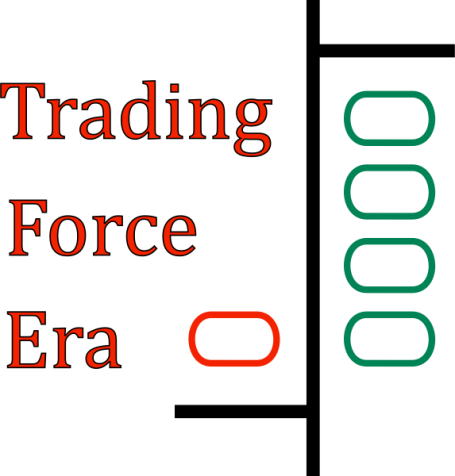Trading Psychology
All
5.0
Intro
It is said that if you want to know what type of person you really are, you should become a trader. Invariably, every trader comes face to face with their strengths and weaknesses. The one that is able to recognize the opportunities that lie within that realization can begin to take the steps to improve themselves and hence improve their trading. Throughout this chapter you will be provided with all the tools and considerations to win as a trader.

All
5.1
Emotional Discipline
This is the cornerstone. Fear, greed, frustration, and overconfidence can all sabotage your trades. Learning to stay calm and stick to your plan—especially under pressure—is what separates pros from gamblers.
Trading isn’t just a numbers game—it’s an emotional one. You’re constantly making decisions in real time, often under pressure. And when money’s involved, our natural instincts—fear, greed, frustration, revenge—can cloud rational thinking.
Here’s what emotional discipline looks like in action:
1. Sticking to the Plan, Not the Mood
You’ve done the analysis, set your entry and exit, calculated the risk. But once you're in the trade, emotions start whispering: “Hold on a little longer” or “Cut it early—it might reverse!”
Discipline means following the plan anyway, especially when your emotions beg you not to.
2. Managing Fear and Greed
Fear shows up when a trade turns against you—causing you to freeze or close too early. Greed kicks in when a trade is going well—tempting you to ignore your take-profit target and overstay your welcome.
A disciplined trader acknowledges those emotions… and doesn’t let them touch the controls.
3. Taking Losses Like a Pro
Losing is part of trading. But without discipline, one loss can turn into a string of reckless trades trying to make it back. Professionals call this “revenge trading,” and it’s account-killing behavior. Emotional discipline lets you take the hit, step back, and wait for the next clean setup.
4. Staying Level in Winning Streaks
Ironically, discipline matters just as much during good times. A few big wins can fuel overconfidence, leading you to increase your position size or ignore risk rules. Discipline helps you ride the wave without getting swept up in it.
5. Cultivating a Resilient Mindset
This isn’t about becoming emotionless—it’s about training your reactions. Breathing exercises, journaling your thoughts, stepping away from the screen—all of these help strengthen your mental resilience.

All
5.2
Goal Setting and Realistic Expectations
Many traders blow up accounts chasing unrealistic returns. Setting clear, achievable goals helps you stay grounded and focused on long-term growth rather than short-term thrills.

All
5.3
Loss Aversion and Risk Tolerance
Humans naturally hate losing more than they enjoy winning. This can lead to holding onto bad trades too long or exiting winners too early. Understanding your personal risk tolerance helps you manage this bias.

All
5.4
Journaling and Self-Reflection
Keeping a trading journal helps you track not just your trades, but your thoughts and emotions. Over time, this reveals patterns in your behavior that you can improve on.

All
5.5
Impulse Control and Patience
Jumping into trades without a clear setup—or revenge trading after a loss—are signs of poor impulse control. Patience allows you to wait for high-probability setups and avoid emotional decisions.

All
5.6
Confidence vs. Overconfidence
Humans naturally hate losing more than they enjoy winning. This can lead to holding onto bad trades too long or exiting winners too early. Understanding your personal risk tolerance helps you manage this bias.

All
5.7
Stress Management and Mental Resilience
Trading can be emotionally taxing. Techniques like meditation, exercise, and proper sleep help you stay sharp and avoid burnout.

All
5.8
Sticking to the Plan
Having a trading plan is one thing—following it is another. Discipline means executing your strategy consistently, even when emotions tempt you to deviate.

